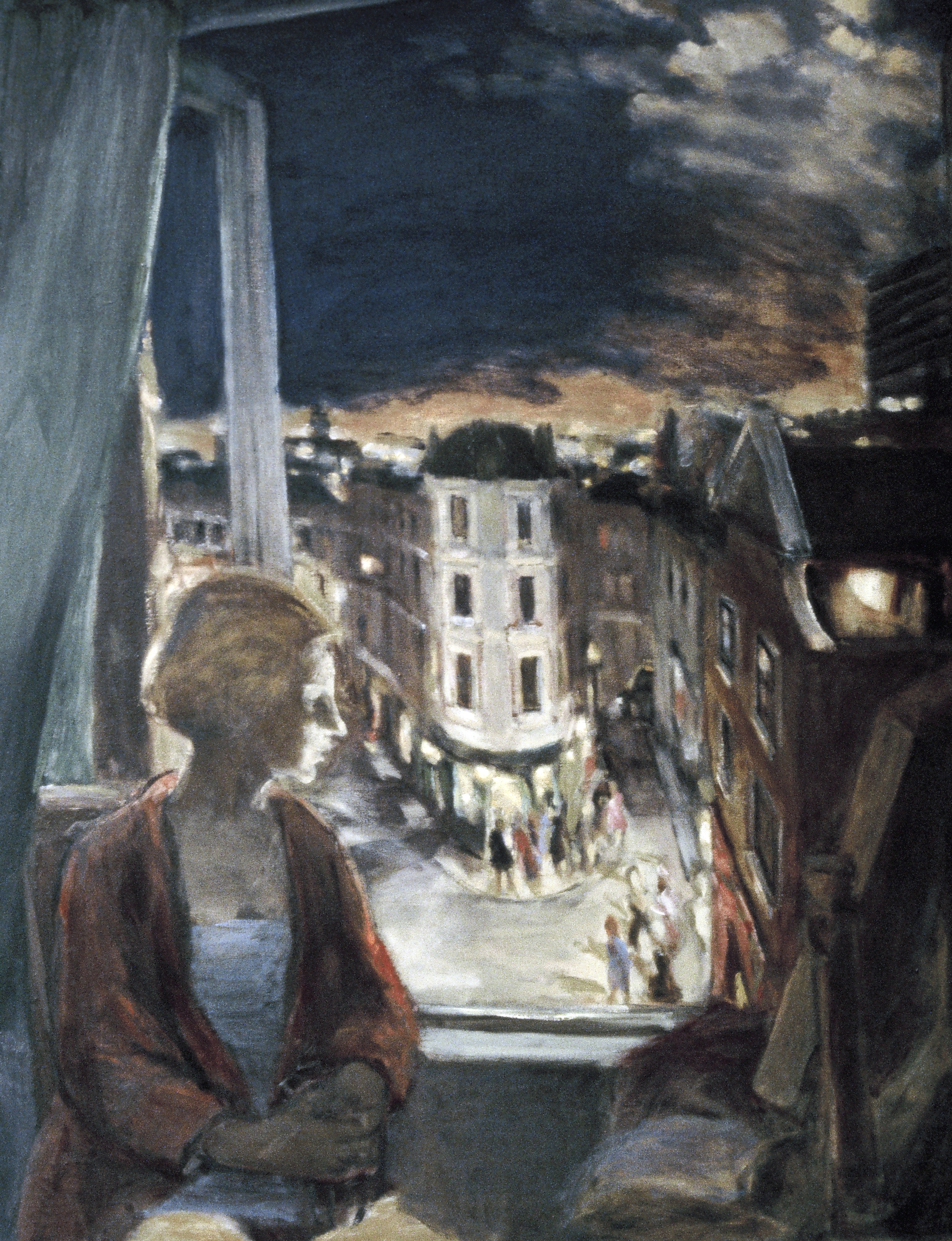• New research released today sees the over 50s cite 76 as the start of their twilight years, with even those under 50 saying old age doesn’t begin until 73
• People aged over 50 in the UK feel on average four years younger than their actual age
• One in five say they exercise a lot more now than when they were younger and half are also much more careful about what they eat and drink
• Amongst over 50’s, loss of independence is the biggest worry as people grow older. A further 29% worry about not being able to go out unaided and one in ten most fear not being able to exercise
• The Green Goddess Diana Moran, who herself turns 76 this year discusses her own experiences of growing older and gives advice on how to stay feeling young as you age
The days of feeling over the hill once you pass 50 are well and truly over, with new research released today showing that old age doesn’t begin until well into our 70s.
The study saw over 50s name 76 as the age which formally constituted the beginning of old age; with those under 50 believing the twilight year period to start at 73.
The average over half centurion says they actually feel four years younger than they are, with a quarter saying they feel a good ten years younger than their birth age.
When it comes to what keeps us feeling young, around a half of over 50s say being active is key with one in five saying they exercise a lot more now than when they were younger.
According to respondents, active and independent living in 2016 means being not only mobile but mentality stimulated and living in our own home. Other key factors include exercise, using technology and still being able to tend to our garden.
Our biggest worry as we age is loss of independence, whilst almost a third say they worry about not being able to go out unaided and one in ten most fear not being able to exercise.
However, the research by Argos Independent Living shows that around one in eight would be too proud to ask for help if they were having issues with mobility, while more than half of those with parents over 50 believe their parents would never admit they were having problems getting around.
Just under a third (32%) say that they find it difficult to talk to their parents about extra support they may need, with 34% admitting that they don’t know how to go about helping their parents, or about the products that are available to them.
And when it comes to knowing their options, 65% of Brits over the age of 50 were unaware that Living Aids such as walking aids, exercise aids, tablets and Fitbits can be purchased on the high street, with 8% believing they can only be purchased from specialist shops. This is coupled with insight which suggested these products are also viewed as being dull, off putting and clinical.
As the spending power of the over 50s continues to grow and more people in the UK aged 60 and above than there are under 18 it is vital people’s choices to remain living independently are broadened.
